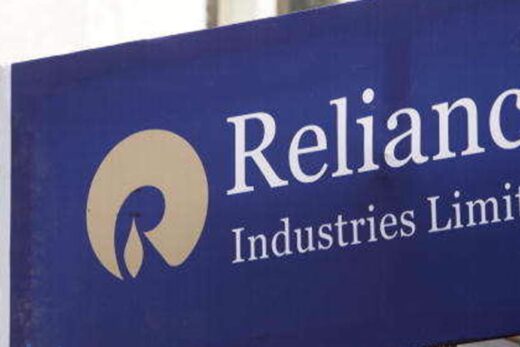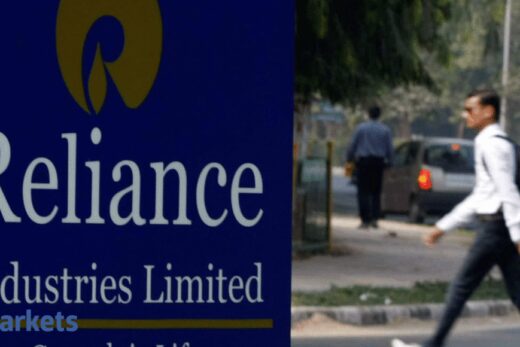Mumbai: Reliance Industries () will transfer its oil-to-chemicals (O2C) operations to a wholly owned subsidiary for a $25-billion loan, besides $12-billion equity. Consideration for the transfer of the O2C assets, which includes the operating team and 12 manufacturing facilities, will be funded by a $25-billion loan from the parent, the company said in a presentation filed with the stock exchanges.
The interest-bearing loan from RIL to the O2C company will be an “efficient mechanism to upstream cash, including any potential capital receipts in the unit”, it said. Carving out the O2C operations into an independent entity will make it easier for RIL to bring in external investors. It had earlier explored a different structure, but India’s securities market rules did not permit such a scheme.
RIL had said earlier that it, being a listed company, cannot issue shares with differential rights (that is, equity shares with interest linked only to the O2C business) to investors. Therefore, the O2C undertaking has to be transferred into a wholly owned subsidiary of RIL, in which the external investors will invest, it had said.
RIL has been in discussions with Saudi Aramco to sell a 20% stake in the O2C unit for more than one and a half years. The deal, if successful, could lead to further deleveraging of RIL. RIL will retain management control of the O2C company. The separation will also not dilute earnings or restrict cash flows for the parent, according to the company’s presentation.
The O2C transfer on a slump sale basis — subject to courts, shareholders and creditors approvals — is expected to be concluded before September 30. Slump sale means transfer of an undertaking for a lump sum consideration without values being assigned to individual assets and liabilities.
“The income tax law lays down specific computation provisions for a transaction qualifying as a slump sale. This computation mechanism remains the same, irrespective of such transaction carried out through an NCLT scheme or through a private arrangement. Basis of this mechanism, the seller is allowed to offset its tax net worth as on the transfer date from the aggregate sale consideration. If the sale consideration of the transaction equates to or is less than the tax net worth of the transferred undertaking, then no capital gains or associated tax liability would arise. Also, such slump sale transaction entailing the transfer of undertaking as a going concern would not entail GST implications,” said RBSA Advisors MD Ravi Mehta on the Reliance O2C demerger.
The O2C unit comprises the refining and petrochemical businesses, the fuel retail joint venture with BP and the butyl rubber joint venture with Sibur of Russia. RIL will have four growth engines after the reorganisation — digital, retail, new materials and new energy, said a Morgan Stanley report. The demerger plan for the O2C business is a step towards monetisation and acceleration of RIL’s new energy and material plans for batteries, hydrogen, renewables and carbon capture, the report said.




